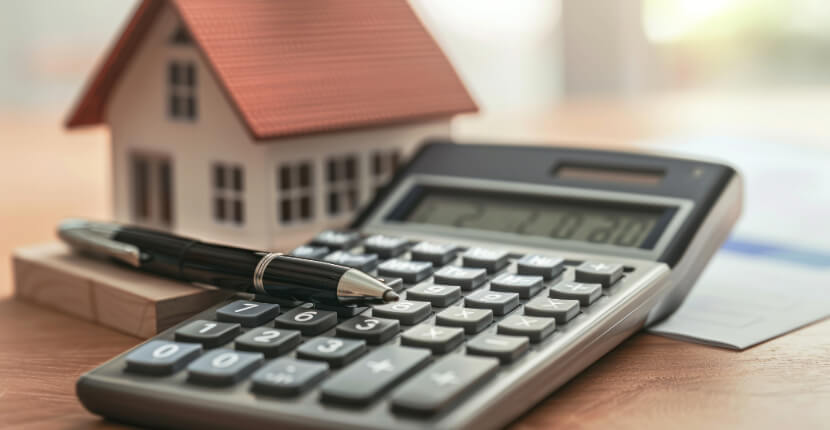How a Landlord Accountant Can Help You Optimize Your Finances
How a Landlord Accountant Can Help You Optimize Your Finances
Blog Article
Questions to Ask When Choosing a Landlord Accountant
Controlling hire houses may appear frustrating for new landlords, but understanding the fundamentals of sales makes it easier. Knowledge landlord accounting will help you track revenue, minimize problems, and produce tax season not as stressful. That manual reduces the basics, offering you statistics, real-life methods, and the essential measures you'll need to know.
Why Precise Sales Matters for Landlords
About 70% of home owners state controlling finances is their greatest challenge. Great recordkeeping does significantly more than keep you prepared; it could improve profitability and assure you follow local property laws. By monitoring every exchange, you will truly have a sharper picture of one's property's performance, making decision-making simpler.

Checking Revenue and Costs
The initial crucial part of landlord sales is splitting up particular and rental finances. Open a separate bank-account just for hire payments and expenditures. Taking every dollar that will come in and out helps you see your true return on investment.
Frequent Forms of Hire Income
Monthly lease from tenants
Late expenses
Puppy costs
Parking or storage costs
Common Expenses to History
Mortgage and interest funds
House taxes
Insurance premiums
Preservation and repairs
Tools (if paid by the landlord)
Property administration fees
For a lot of landlords, utilizing a simple spreadsheet works at first. Only be sure to update it regularly in order to avoid any shocks down the track.
Important Sales Practices
Landlord sales generally uses 1 of 2 strategies:
Cash basis sales files income and costs when income is really obtained or paid. Most small landlords start here since it's an easy task to manage.
Accrual schedule sales records money and costs when they're received or billed, even when number cash has changed hands. That offers a better economic photograph for anyone controlling numerous properties.
Pick the method that suits your level of comfort and property collection size.
Duty Deductions and Submission
Typical tax deductions for landlords include mortgage fascination, fixes, and depreciation. Missing these may mean overpaying taxes. Roughly 25% of small landlords overlook deductions since their files are incomplete.
Keep forward by monitoring receipts and keeping digital or bodily copies. And remember, duty principles may possibly differ according to where you reside, therefore evaluation regional directions or consult with a professional.
Getting Began with Sales Software
Traits display over 50% of landlords use computer software methods to greatly help with bookkeeping. Contemporary sales pc software automates many boring jobs, like organizing statements, making reports, and tracking late payments. If you are only starting, free or low-cost programs offer themes to increase your process.
Take Get a handle on of Your Rental Finances
Even as a novice, a couple of smart habits may improve your landlord accounting. Reserve time monthly to review your finances. Use these periods to test for lacking receipts, unpaid rents, or mistakes. With the right foundation, you'll obtain assurance, boost your rental revenue, and prepare yourself for tax time.
Learning accounting basics not only saves money but additionally protects your expense for the long term. Start with prepared records, regular practices, and a focus on constant improvement, and you'll be on track for successful property management. Report this page